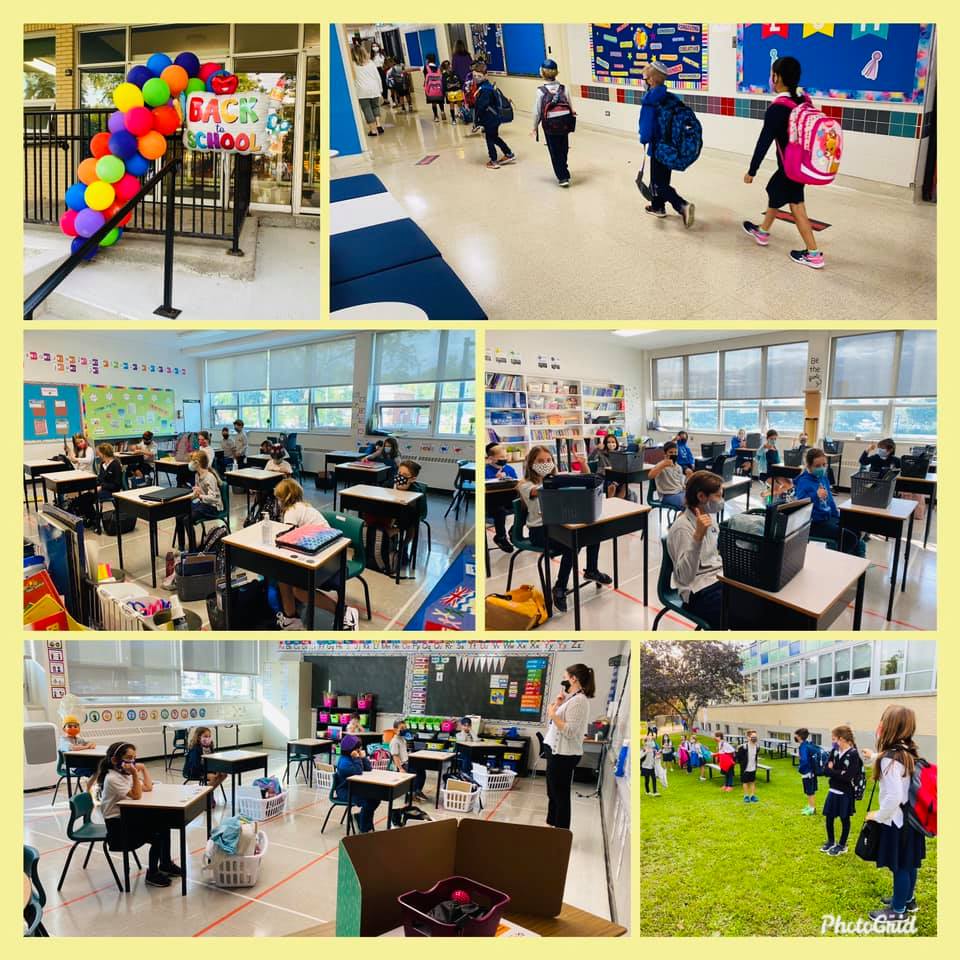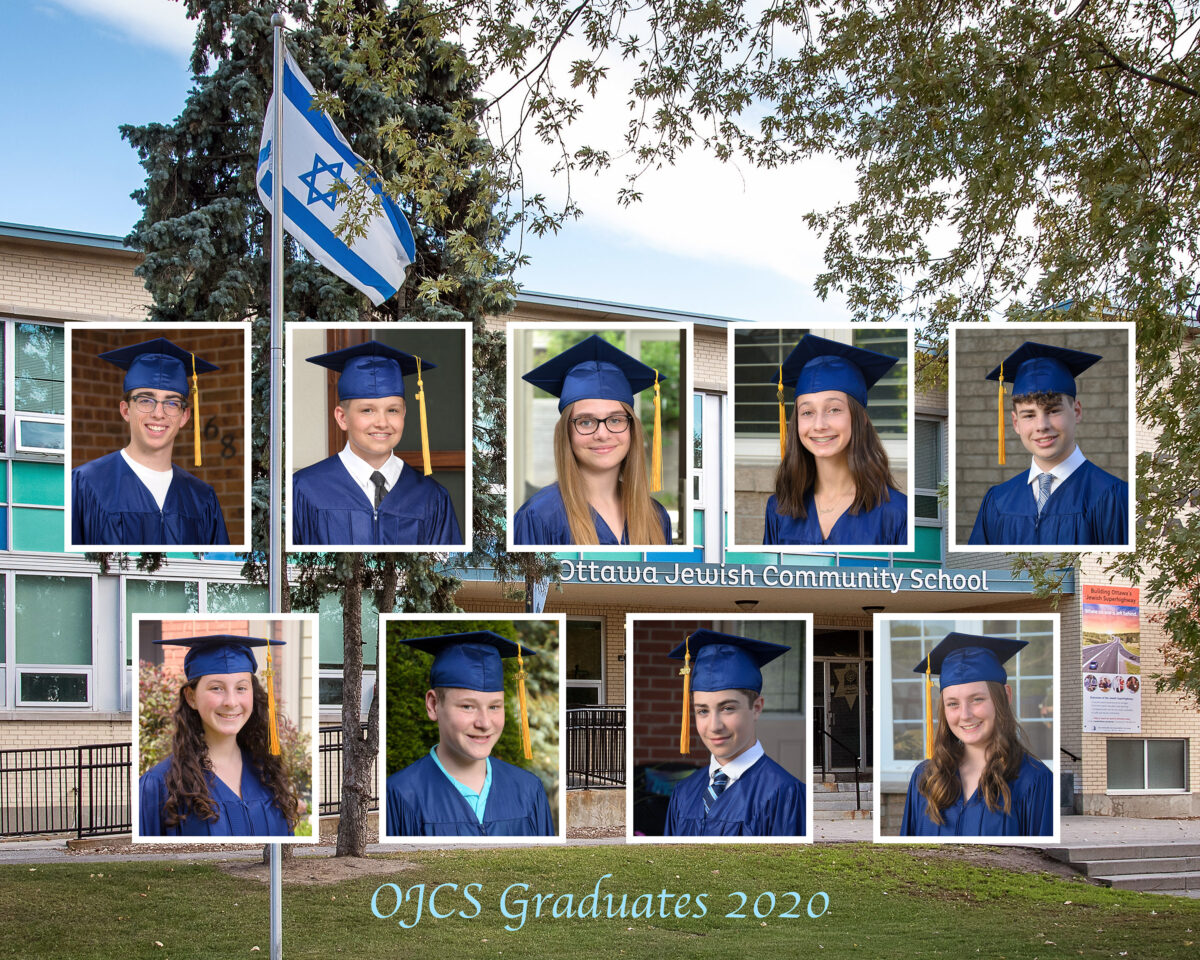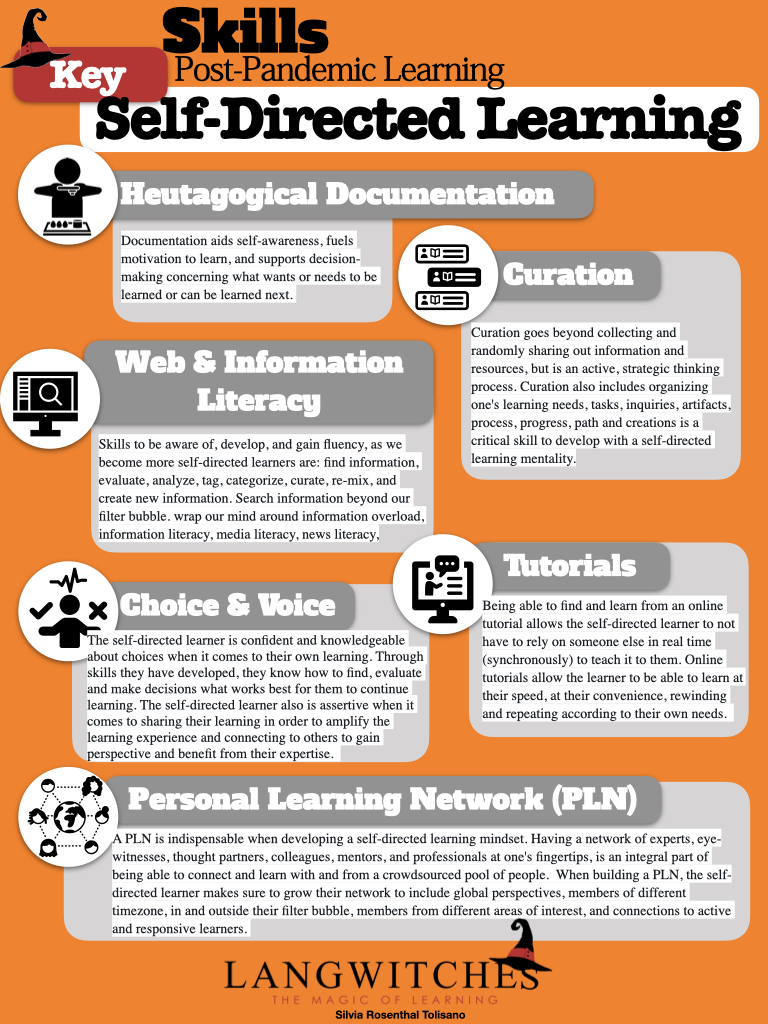With all the unpredictability of a pandemic year, the one thing that you can be sure of as the calendar turns to May and June, is that I will deliver you a series of “Transparency Files” blog posts. OJCS Parents have just received their link to our Annual Parent Survey, so I will again begin with a self-evaluation and will continue with the sharing of results of that survey, the results from our Annual Faculty Survey (which is shared directly with them) and will conclude with a discussion of next year and an introduction of the 2021-2022 OJCS Faculty. [The world being what it is, these posts may not follow week-by-week.]

We are in that “evaluation” time of year! As Head of School, I have the responsibility of performing an evaluation of staff and faculty each year. Fittingly, they have an opportunity to do the same of me. Our Annual Faculty Survey presents current teachers and staff with the opportunity to provide anonymous feedback of my performance as Head of School. Our Annual Parent Survey presents current parents with an opportunity to do the same (as part of a much larger survey of school satisfaction). Please know that the full unedited results of both are sent onto the OJCS Board of Trustees Head Support & Evaluation Committee as part of their data collection for the execution of my annual performance review.
You are welcome to review last year’s self-evaluation post before moving onto this year’s…
This year’s self-evaluation is based on goals created for this year (which was done at the beginning of the year in consultation with that same Head Support & Evaluation Committee). You will not find a complete laundry list of my day-to-day responsibilities. [I typically focus in this blog post on more of my “principal’s” responsibilities, and not as much on my “head of school’s” (i.e. fundraising, marketing, budgeting, etc.)] This means that you are only going to see selected components [this represents about 50% of my annual goals; there are both more overall goals, and more goals in each area than I am highlighting here] for the 2020-2021 OJCS academic year:
Establish steady and measurable growth of the student population
- Reimagine recruitment and retention events in a COVID context.
- Develop a strategy and a calendar of virtual and/or socially distanced recruitment and retention calendar for the school year.
- Refine success criteria (i.e. will virtual tours yield the same rates of admissions as in-person tours?).
- Identify at least one new target audience (ex. Israelis) for recruitment and plan accordingly.
- Build upon successful marketing of hyflex learning during this year of pandemic.
- Introduce data-driven metrics for Admissions work in 2020-2021.
- Create templates for all required metrics (i.e. inquiries, tours, applications, enrollment, etc.) and back-fill three years of data.
- Introduce three-year rolling averages into all recruitment and retention predictions.
OJCS is a school of excellence
- Build capacity (in students, teachers and parents) in hyflex learning.
- Beginning in Pre-Planning, provide teachers with external resources (webinars, direct PD, links, etc.) to ensure teachers are capable of delivering a hyflex program.
- Prioritize self-directed learning skills in students at the beginning of the year.
- Partner with PTA to deliver parent education sessions to help parents be better (and feel better about being) partners when students have to learn from home.
- Prepare to launch OJCS JK for 2021-2022.
- Building upon work done with a consultant in 2018-2019, clarify a vision (and a curriculum) for JK at OJCS.
- Recruit and hire an excellent JK team, and prepare them for success.
- Facilitate CAIS Accreditation application
- Meet with CAIS leadership to better understand application requirements.
- Collect and create all reports needed for a successful application.
For a second consecutive year, it would neither be fair nor true to blame any unfinished business or any unaccomplished goals on COVID-19; in fact in some cases it may have actually accelerated our path. But it is both fair and true to name that it surely was and is a complicated factor. Nonetheless, I am pleased to say that we managed to hit many of the above goals and are on our way to hitting the rest!
Here are some things to focus in on…
…again (see last year) we identified unaffiliated Israeli families as a desired target audience. And again, other than recruiting and leveraging current Israeli families as allies and using “Israeli Facebook” our programs were paused. But there is always next year! When it comes to admissions, it should be noted that we have had the fastest and most successful re-enrollment in recent memory. So whatever roadblocks COVID threw our way in terms limiting our recruitment and retention planning, something really positive is happening. We thank Jennifer Greenberg, our Admissions Director, for her work (especially for becoming so data-driven!) and we thank all of our alumni and current parents who provide us with the most important admissions work – positive word of mouth.
…hyflex learning has been the main focus of professional growth this year at OJCS and I am very pleased with what we have been able to accomplish. I encourage a review of relevant blog posts as evidence of this work, and I want to name the extraordinary work that our Coordinator of Teaching & Learning, Melissa Thompson, has done in this area. The next exciting conversation is about what from hyflex learning ought to be carried forward post-COVID.
…when it comes to self-directed learning skills, we essentially treated the first few months of school as a boot camp for hyflex/distance learning (particularly in the youngest grades) to prepare for the inevitable pivots. We even went so far in SK and Grade 1 to role play distance learning from school so that teachers could problem solve and prepare. Feedback from parents (so far!) indicates that this was successful. Enhanced self-directedness bodes well for future student success!
…we are so excited to be launching JK next year at OJCS! Led by our Vice Principal, Keren Gordon, and the current SK team, we have already created a vision statement, sample schedules and curricular broad strokes to set up JK for success. And although we cannot share with you yet, we do believe we have identified the team for next year (stay tuned!) and believe strongly that they will be well-positioned to hit the ground running.
…we are pleased to be in process for CAIS accreditation. We will have a lot more to say about this in the months ahead as CAIS accreditation is the gold standard for private school accreditation in Canada and a very small number of Ottawa schools qualify. We began meeting with CAIS in the Fall and the work began. However, we were informed by CAIS that they are experiencing a serious COVID delay and, thus, we have paused our activities until next Fall where we believe we’ll be able to resume the process and start to really move towards accreditation.

Those are just highlights.
If you have already contributed feedback through our surveys, thank you. Your (additional and/or direct) feedback – whether shared publicly, privately through email or social media, or shared through conversation – is greatly appreciated. As I tell our teachers, I look forward to getting better at my job each year and I am thankful for the feedback I receive that allows me to try.










